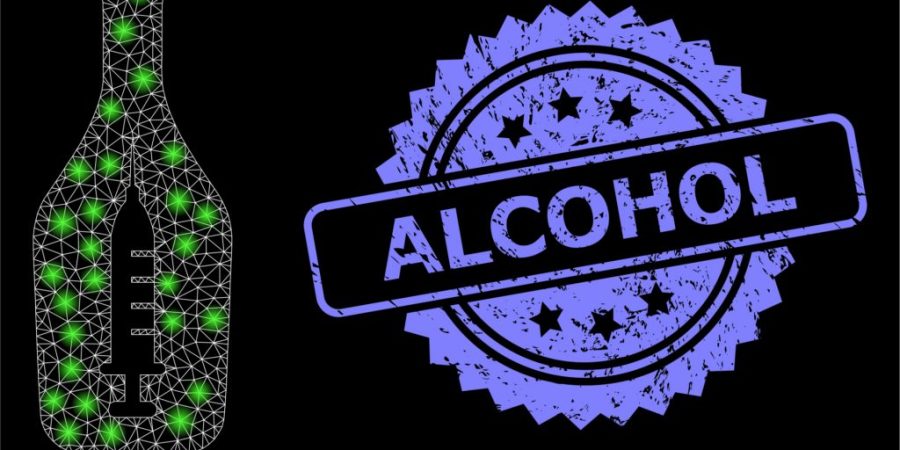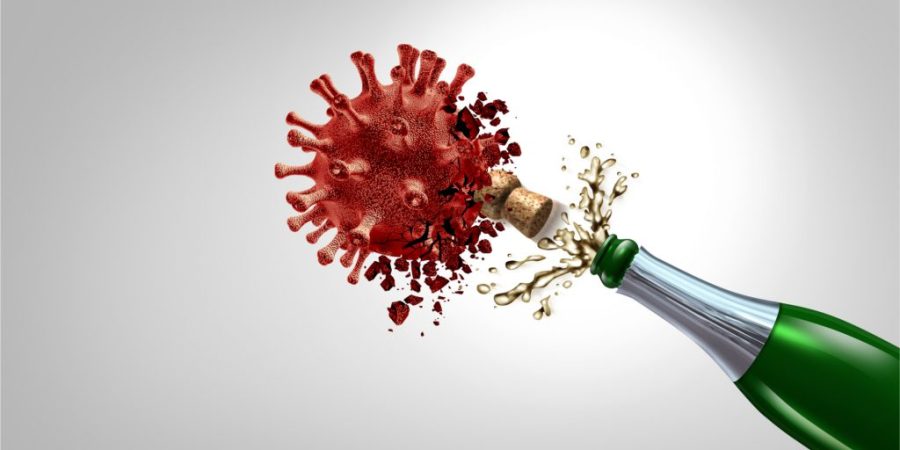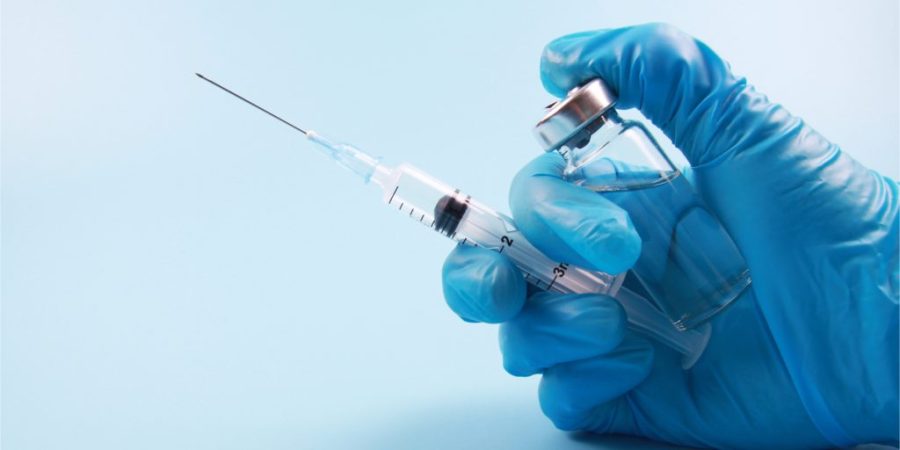
COVID vaccinations are being distributed worldwide in an effort to protect people from the coronavirus. This has led many to ask how to optimize their health around the time they get the COVID vaccine. In Russia, residents were advised to avoid alcohol for two weeks before the COVID vaccine and for six weeks afterward. This recommendation of two months away from alcohol left many questioning whether the COVID vaccine and alcohol are a bad combination.
In the U.S., messages are mixed regarding whether the COVID vaccine and alcohol are a safe combination. On one hand, some facilities are rewarding vaccine recipients with a free alcoholic beverage after getting the coronavirus vaccination. On the other hand, some doctors warn against heavier drinking around the time of administration.
The short answer about the specifics surrounding alcohol and the COVID vaccine is that we don’t know all the details yet. However, existing research on more established vaccinations may provide some insight.
Vaccines and Alcohol


For reference, moderate alcohol consumption is defined as less than 14 drinks per week for men and less than seven for women. A standard drink includes about 14 grams of alcohol. This is the equivalent to approximately:
- a 12 oz. Beer
- a five-ounce glass of wine
- a 1.5 oz. shot of distilled liquor
Historically, light to moderate alcohol consumption has not been shown to reduce immune responses to vaccines. Therefore, this type of drinking would not impair the effectiveness of a vaccine. However, the immunity of heavy drinkers tells another story.
Heavy alcohol use is considered to be anything more than moderate drinking. Heavy drinkers tend to have less of an immune response from a vaccine, giving them very little if any protection against the illness. In fact, all forms of excessive alcohol use, including chronic heavy drinking and occasional binge drinking (consuming more than four or five drinks in a few hours), have been shown to impair the immune system and weaken vaccine response.
In addition, drinking alcohol around the time of vaccination could worsen the COVID vaccine’s side effects. This is because alcohol dehydrates the body and adds a toxic load for the liver to process. Further, heavy drinking can cause a hangover, which would only add to potential feelings of malaise that the vaccine may cause. Given this, it is easier on the body to filter the ingredients of the vaccine and build the necessary antibodies without adding the burden of alcohol on top of the process.
Moderna Vaccine and Alcohol


The Moderna vaccine is a series of two doses spaced out by a month. There are no formal guidelines as to how much alcohol is acceptable when receiving the Moderna vaccine, but light to moderate consumption is thought to be OK. However, heavy drinking is not recommended. This is because combining the Moderna vaccine and alcohol in excess may either lessen the antibody response or worsen the side effects of the vaccination.
According to the CDC, the Moderna vaccine side effects are known to include:
- Fatigue
- Headache
- Muscle pain
- Nausea
- Fever
- Chills
Recommendations include hydrating with water and resting while recovering from vaccine administration.
Pfizer Vaccine and Alcohol
The Pfizer vaccine is also a two dose process. Similar to the Moderna vaccine, there are no standards regarding the Pfizer vaccine and alcohol. Again, the concern surrounding this COVID vaccine and alcohol is more for side effects after receiving the vaccine. Side effects from the Pfizer vaccine are similar to the Moderna vaccine with flu-like symptoms being the most commonly reported ailments, although it should be noted that most people who receive vaccines experience only very mild symptoms, if any.
U.S. Recommendations on the COVID Vaccine and Alcohol
Unfortunately, there are no official recommendations when it comes to the COVID vaccine and alcohol. However, the general consensus among most physicians is that light or moderate drinking is acceptable. Avoiding alcohol altogether may be better, but there are no studies regarding alcohol and the COVID vaccine specifically. The one definitive recommendation when it comes to drinking around vaccines is to avoid heavy alcohol use. If heavy drinking has become a habit in your life and you’re having a hard time cutting back or quitting, help is available.
Help with Alcohol Abuse Near Columbus, Ohio
You do not have to hit rock bottom to benefit from drug or alcohol abuse in Ohio. If substance abuse has crept into your routine, rehab can help. At the Woods at Parkside near Columbus, Ohio, our treatment team offers a multitude of treatment programs to best suit your individual needs. A few of the programs offered include:
- Drug and Alcohol Detox
- Residential Rehab
- Dual Diagnosis
- Partial Hospitalization
- Intensive Outpatient
- Offsite Partial Hospitalization
Our residential and outpatient options ensure that you end up with the level of service that is right for you. Additionally, our dual diagnosis program is available to assist in working through and mental stressors that may accommodate addictive tendencies. Where ever you are on you journey, The Woods at Parkside can help with recovery.
To learn more about our programs, contact our admissions team at 614-471-2552 or use our confidential online form. Oftentimes, we can get you started on your recovery the very same day.
The post The COVID Vaccine and Alcohol: Does Drinking Decrease Immunity? appeared first on The Woods At Parkside.
Source
Original Author: The Woods at Parkside

